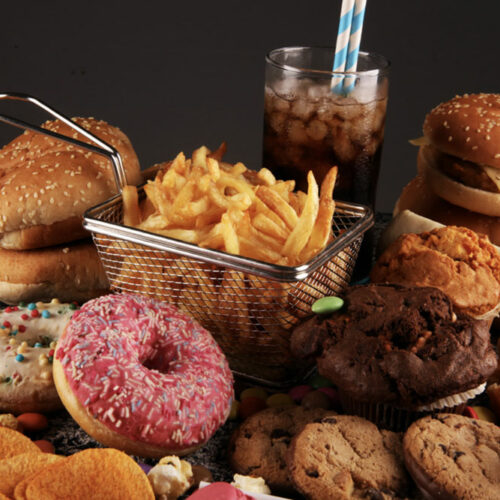6 questions to ask a gastroenterologist

Digestion is a necessary and continuous body process facilitating nutrient absorption and expulsion of waste from the body. Consequently, problems with the digestive system can lead to issues like diarrhea, constipation, and nausea and eventually trigger conditions like irritable bowel disease (IBD). A gastroenterologist understands such issues and suggests treatment courses or remedies to heal digestion problems. This article provides an insight into some uncomfortable questions one should ask a gastroenterologist: What is the underlying cause of my condition? While several effective treatment options exist for various digestive disorders, symptom control is only a part of healing from such problems. The other part is understanding their underlying causes and addressing the issues. For example, a person may be intolerant to gluten, which may trigger problems like celiac disease. For example, a meal plan high in inflammation-causing foods may have led to the developing of an IBD-related condition. Thus, understanding the root cause is the first step to finding a long-term solution to a digestion issue. Will I need to undergo a colonoscopy or endoscopy? Sometimes, a colonoscopy or endoscopy is required to examine the exact issue in the digestive tract. These tests give doctors a clearer idea of the condition and help with timely diagnosis and treatment.






